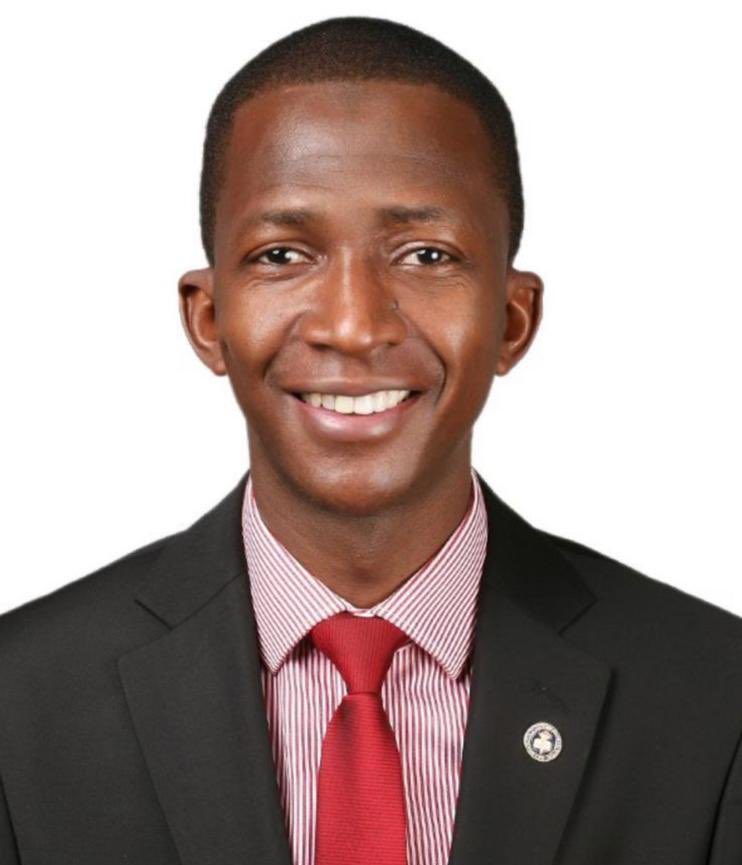Abdulrasheed Bawa, the former Chairman of the Economic and Financial Crimes Commission (EFCC), has exposed a deeply entrenched system of fraud within Nigeria’s petroleum subsidy regime. In his book, “The Shadow of Loot & Losses: Uncovering Nigeria’s Petroleum Subsidy Fraud,” Bawa details how oil marketing companies systematically falsified documents to inflate subsidy claims, resulting in billions of naira in illicit gains. The fraudulent activities, particularly rampant from late 2010 onwards, involved manipulating the reported volume of imported petroleum products, the key factor in calculating subsidy payments. This manipulation allowed companies to claim significantly more than they were entitled to, effectively robbing the nation’s treasury.
The EFCC’s investigations, as detailed by Bawa, uncovered a sophisticated web of deception involving a vast array of forged documents. These included marine insurance certificates, bills of lading, surveyor reports, depot and trader documentation, government endorsements, and banking documents. In some cases, the level of falsification was staggering, with companies fabricating up to 24 different documents to support their fraudulent claims. This intricate network of fake paperwork served to create a façade of legitimacy, obscuring the underlying criminal activity from regulatory oversight.
Bawa highlights the systemic vulnerabilities within the regulatory framework that enabled this widespread fraud. He points to the complicity, both witting and unwitting, of government officials who endorsed the forged documents. Some officials admitted signing off on documents they knew were compromised, while others claimed ignorance of the fabrications. Regardless of intent, their actions facilitated the fraudulent scheme. The involvement of depot owners, surveyors, and other stakeholders further compounded the problem, creating a network of collaborators who benefited from the illicit activities.
The book provides a detailed case study of one company, pseudonymously referred to as ZZZ Limited, to illustrate the modus operandi of these fraudulent operations. ZZZ Limited obtained a permit to import 10,000 metric tons of Premium Motor Spirit (PMS) but imported only half that amount. Despite this, the company submitted a full set of documentation, including forged bills of lading and other crucial paperwork, and received a subsidy payment of N1.4 billion, double what they were legitimately entitled to. This case exemplifies the audacity and scale of the fraud perpetrated by some oil marketing companies.
Bawa meticulously outlines the 24 different forged documents utilized by ZZZ Limited, including pro forma invoices, certificates of marine insurance, Form M, letters of credit, commercial invoices, vessel nominations, bills of lading, certificates of origin, cargo manifests, ullage reports, and various other certificates and approvals. The sheer volume and variety of falsified documents demonstrate the lengths to which these companies went to deceive the authorities and secure illicit payments. Despite the involvement of multiple regulatory agencies, including the Nigerian Navy, Customs, NIMASA, DPR, PPPRA, and government-appointed auditors, the sophisticated concealment tactics employed by the perpetrators allowed them to circumvent oversight and successfully execute their fraudulent schemes.
Bawa’s revelations come at a time of renewed scrutiny of Nigeria’s petrol subsidy regime, which was ended by President Bola Tinubu in May 2023. The book provides an insider’s perspective on the monumental scale of the fraud, which has been described as one of the biggest financial heists in Nigeria’s history. Bawa reports that the EFCC recovered over N30 billion from marketers involved in subsidy-related fraud during his tenure. However, many perpetrators have yet to face justice, and the book’s publication is likely to reignite calls for their prosecution. The Nigeria Extractive Industries Transparency Initiative (NEITI) reported that the country spent over N13 trillion on subsidy payments between 2005 and 2021, a figure that underscores the immense financial burden the fraudulent scheme placed on the nation. Bawa’s account offers a stark reminder of the need for strengthened regulatory oversight, robust enforcement mechanisms, and greater transparency within the petroleum sector to prevent such large-scale fraud from occurring again. The book serves as a crucial resource for understanding the intricacies of the subsidy fraud and advocating for accountability and reform within the Nigerian oil industry.


